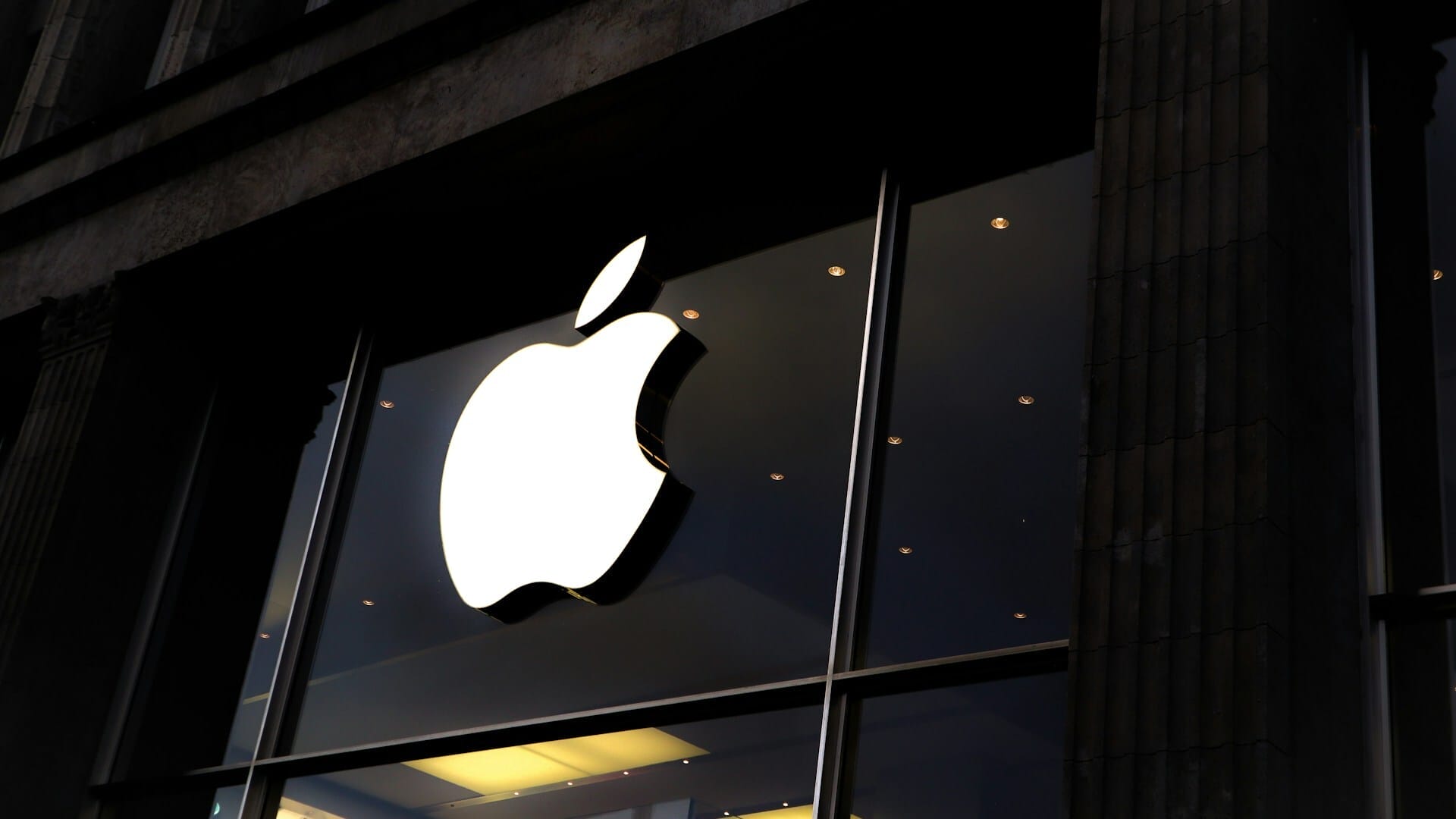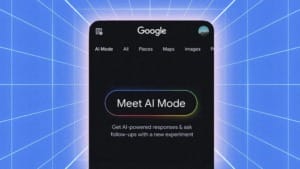Apple’s US$10 billion ‘Titanic disaster’: A deep dive into the downfall of Project Titan
Uncover the story of Apple's US$10 billion electric car venture, known as "the Titanic disaster", and its strategic pivot to generative AI.

Imagine a world where Apple, the iPhone and Apple Watch creator, also produces electric cars. This was the vision behind Project Titan, an ambitious venture recently labelled “the Titanic disaster” by insiders. A detailed report from The New York Times (NYT) unveils the tumultuous journey of Apple’s car project, which has now come to an unforeseen halt.
Table Of Content
The inception of a tech giant’s dream
Back in 2014, when the buzz around self-driving vehicles was at its peak, Apple launched Project Titan. This was a time when Apple had just introduced the Apple Watch and was actively exploring new growth opportunities. Apple CEO Tim Cook greenlit the project, partially to prevent Apple’s top engineers from being tempted by Tesla’s innovative allure.
The journey was fraught with challenges
From its inception, Project Titan was beset with hurdles. Insiders shared with NYT that the project was troubled from the start, hence the “Titanic disaster” moniker. Over a decade, Apple is said to have invested a staggering US$10 billion, yet the dream of a self-driving Apple car remained elusive.
The company’s foray into electric vehicles resulted in a model akin to Tesla’s, emphasising driving-assistance features. There were discussions about acquiring Tesla, but Apple decided to go its way, focusing on creating a unique vehicle. However, when Apple pivoted to develop self-driving car software in 2016, the team encountered insurmountable coding and algorithm development challenges.
The instability of the project was further compounded by frequent changes in leadership, with four different heads steering the project over the years. This, combined with multiple layoffs and team restructures, led to decreased employee confidence and uncertainty about the project’s future.
A strategic shift towards generative AI
Earlier this year, Apple strategically decided to divert its resources and focus on generative AI, a field deemed crucial for the future of its flagship product, the iPhone. Although Project Titan has been discontinued, the advancements in AI and automation developed during its tenure are expected to influence future Apple products. These include AI-enhanced AirPods equipped with cameras, robotic assistants, and augmented reality (AR) technology advancements.
This shift highlights a significant chapter in Apple’s history as it moves away from the ambitious car project to concentrate on areas with a more immediate and tangible impact on its core business operations.
















